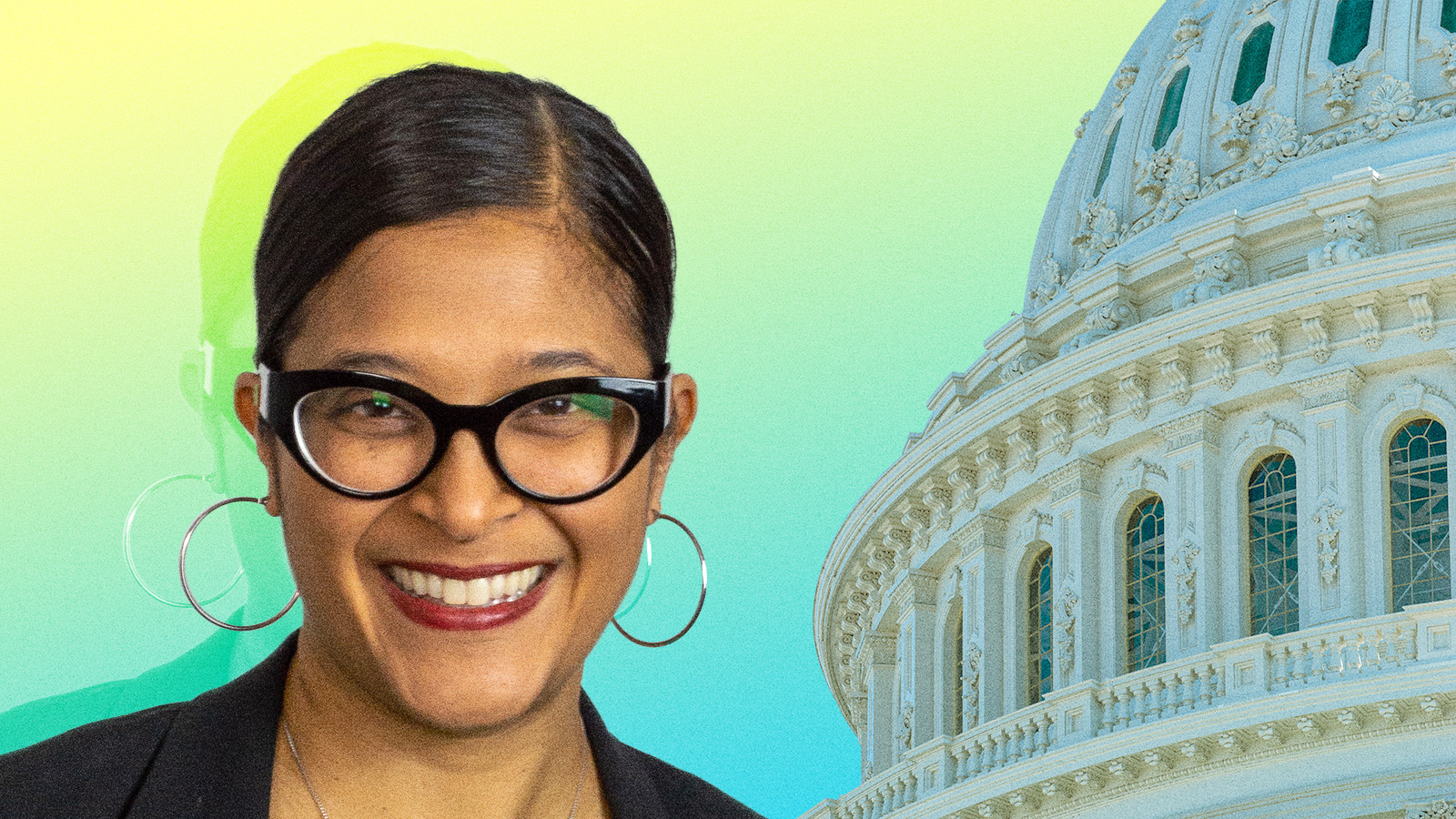Government often resists change, says 2020 Grist 50 Fixer Desirée Williams-Rajee — but times of crisis can open up the public sector to new ways of thinking. As the former equity program manager for Portland, Oregon, and a self-described “fan” of government, Williams-Rajee ensured that communities of color had a voice when the city designed its climate policy. Now, as a racial-equity consultant, she works with government agencies currently grappling with COVID-19 and responding to the Black Lives Matter movement. The good part? It’s a lot easier now to just tell an elected official that something is racist, as opposed to dancing around the subject. “And then we can start the conversation about how to fix it,” she says.
Here, Williams-Rajee envisions what that might look like. Her responses have been edited for length and clarity.
What crisis can create
Government does not like change. Transformative change within government only happens through external disruption — it takes a big thing from the outside. And COVID-19 was that big disruption.
COVID-19 has been a reminder of how interconnected we all are. We’ve seen some unprecedented support in the government response to COVID-19 that has prioritized health — as well as support for other things that folks in justice movements have been fighting for, like homeless shelters, moratoriums on evictions, and free transit. It’s amazing that these responses have happened on the scale that they have, but the question is: Can they be sustained over time? How can we talk about this as something that becomes institutionalized as opposed to just an emergency response to a crisis?
If you couple that with the Black Lives Matter protests, along with the push to defund police departments — which really means restructuring budgets in a transparent way — and to prioritize health and investment in communities of color, there is the potential to actually open up government in a completely new way. I’m not saying it’s guaranteed! The really important question will be: How can the community and government come together so that the most impacted communities are actually positioned in places of decision-making?
A pre-COVID example is the Portland Clean Energy Fund, a ballot measure created and led by people of color, that is now being implemented in partnership with local government to fund climate justice and jobs. I would love to see things like that, where there’s a revenue source and actual dollars that can be reinvested into community priorities.
What happens next
This is not something that happens overnight. The challenges are in transitioning what is in large part a reflection of the anger and the frustration and the pain of the Black community — and also the pent-up emotion everybody else has right now because of COVID.
Right now the reaction is to tear down the old. But any real transition needs to be replaced with a vision: What is the new? We need the pathways and the visionaries, because it means literally building things that have not existed before — things built for the benefit of Black and brown people.
If local governments follow through with that, what that means is a new kind of decision-making. I am waiting, as all of these statements come out every day saying that everyone is so committed to Black people. Yeah, thank you. Thank you. Where’s the money?
It’s different this time
I am in a place of hope, because there are so many great, organized capacity-builders out there right now. The other thing is that we’re seeing protests in places that just never protest, like rural Texas. This is so cool! I was in city government back when Ferguson was happening, and their response to it was … silence. It was not even a conversation. What is happening now is very, very different. The protests need to continue because disruption will keep the conversation going, and it will create change.
This isn’t the end; it’s the start. And the work isn’t in the protest. It’s in what you do every day. This is the work that needs to be done in the elevation of our collective consciousness about what racism is and how it’s been hurting all of us for a really long time. We deserve to carry a deep cynicism, and it is the cynicism that will keep driving us to hold folks accountable. But to me, this is progress — and the beginning of a conversation that is well overdue.



